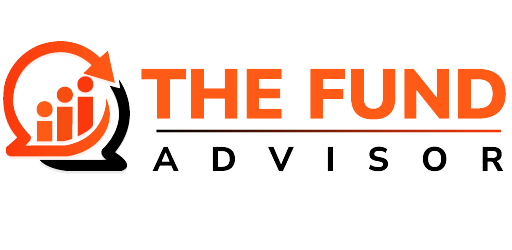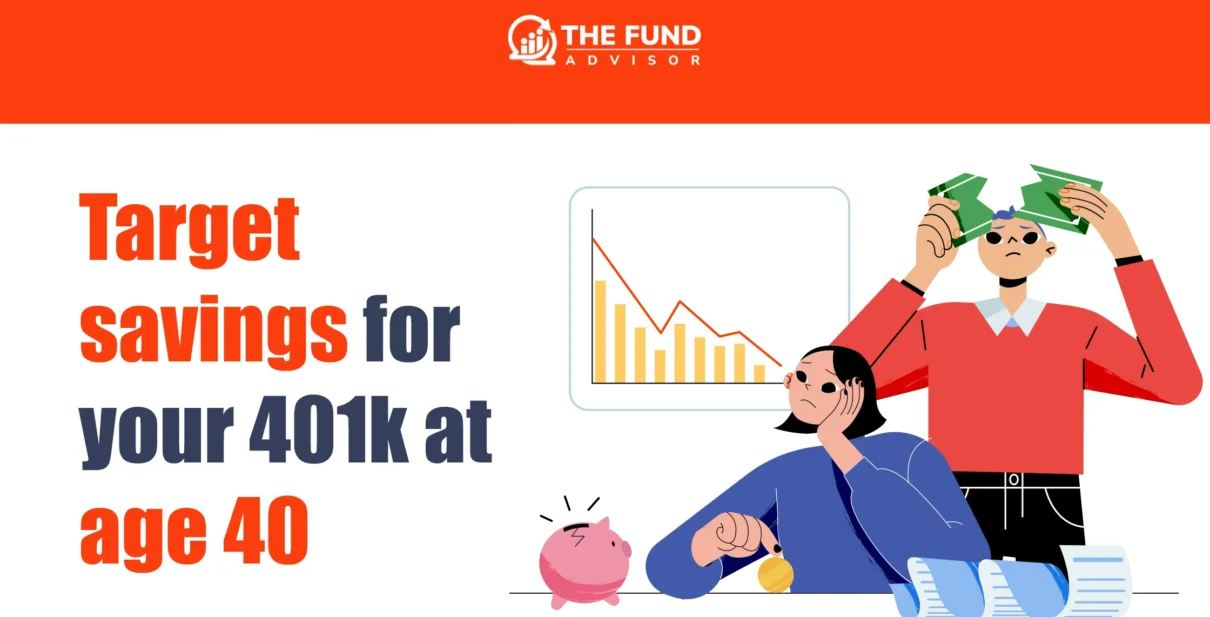When a person works in life and starts becoming self-dependent because, with real-world exposure, their maturity automatically develops in their mind. However, planning for future requirements like after-retirement life is also a crucial part of this phase, and a 401 (k) savings account is one of the most preferred plans for this goal. But have you ever asked yourself a question yourself: How much should I have in my 401(k) at 40?
This question could be for any age, but it is important to think about it. Also, with time, reviewing the 401 (k) account balance is a very good practice to prevent any losses of retirement savings. So, let’s discuss this concern.
What Is A 401(k) And Why Is It Important?
We have already deeply discussed what is a 401(k) account in the previous article. But in brief, 401(k) is an employer-sponsored retirement savings plan that facilitates monthly contribution, which will then be invested and grows with time.
Its importance is derived from the benefits this plan encloses. With a growing contribution amount, 401(k) provides employer matching, which means the employer also contributes some amount, which can be termed as free money you can get at the time of retirement or after 59½ years of age. There are many advantages that 401(k) offers like tax-deferred investment-growth, pre-tax contributions. Retirement planning is one of the most important aspect of one’s life. Because the secure financial livelihood of after work life is crucial.
How Much Should I Have In My 401(k) At 40?
There is no such best-fit answer for every question. The amount of contribution and when to start contributing depend on you. However, according to experts, it is advised to have at least a 2.5x to 3x amount in your 401(k) account at the age of 40.
This means that if your current annual salary at the age of 40 is $100,000, then you must have at least $250,000 to $300,000 in your 401(k) account. Some factors affect these numbers a lot :-
- Start Savings : If you start early contributions in a 401(k) account, then you can easily touch this threshold and even cross this. Late starting doesn’t mean you cannot save anything, but fewer savings will be made for those who start late.
- Employer Match : There is always some eligibility for having a 401(k) and an employer’s match. If your employer provides a good matching amount, then you can expect at least 50% more earnings.
- Investment Performance : Long-term plans with a good investment return percentage can help you get a good return on investment.
- Contribution Rate : What percentage should I contribute to my 401(k) at age 40? This question will also be solved here. It is suggested that you contribute at least 15% of your annual income. If you have more monthly expenses, then you can start with a low percentage contribution, and with time, you can increase the contribution as per your budget.
How much should I have in my 401(k) at 40 depends totally on these factors mentioned above. However, it is essential to always optimize and review retirement saving. This will help in applying required changes in the strategies of saving for dynamic goals.
How Much Should You Have In Your 401(k) by 45?
There are many similar question people asks related to age and retirement savings. Getting a exact amount of money age-wise is not possible because this entirely depends on the account holder’s future financial goals. However, a country median is being regularly calculated for constant growth of stats. The amount of savings you can have in your 401(k) savings account, mentioned below age-wise multiple of the saving amount, should be there in your 401(k) account of your current annual salary :-
Age-wise 401 (k) Savings Benchmarks
Age Recommended 401(k) Balance (Multiple of Salary)
| Age | Recommended 401(k) Balance (Multiple of Salary) |
| 25 | 0.5x |
| 30 | 1x |
| 35 | 2x |
| 40 | 3x |
| 45 | 3x to x |
This is an estimated multiple of the annual salary mentioned. It is suggested that you have at least this amount of savings.
How To Boost Your 401(k) Balance At 40?
It is important to always review the 401(k) account balance and try to maximize the funds. This will help in availling the maximum possible money at the time of withdrawal after retirement. Using the growth measures are essential to counter the inflation. It is often seen that people make choices based on current state, but it is very likely possible that in future the situation will differ. For this a informed retirement planning is very important.
To boost your 401 (k) balance, you need to :-
- Increase Contributions : If you are unmarried or can reduce expenses, then try to contribute as much as you can and the policy allows.
- Take Advantage of Employer Match : If you properly understand the employer match in your 401 (k) account, then contribute enough to get the employer’s match, which is free money.
- Consolidate Old 401(k)s : If you have a 401(k) account and are leaving the job, then the best practice is to roll over this account to a new one instead of withdrawing funds, which consists of penalties and fines.
- Optimize Asset Allocation : Properly align your assets with the return on investment to avoid unnecessary taxation.
If you’re falling short on your retirement savings goals, you might wonder— Can I use my 401k to pay off debt? Here’s what you need to know before tapping into your funds.
Other Options Similar To 401(k) Account
Instead of having a growing retirement savings plan like a 401(k) account, you can also go for a different option that helps you in fulfilling your needs, preventing you from disturbing your 401(k) account early or before 59½ years of age, which are :-
- Roth IRA or Traditional IRA : Offers more investment options and tax flexibility. The IRA is a Individual Retirement Account, which is totally managed by the owner only.
- Health Savings Account (HSA) : Triple tax benefits and can be used for medical expenses in retirement. It is used for qualified medical expenses which are entirely tax-free.
- Taxable Investment Accounts : No contribution limits and more liquidity. These type of account can be used fro many purposes and offers high flexibility over your funds.
Understanding The Impact of Market Fluctuations On Your 401(k) At 40
How much should I have in my 401(k) at 40? This depends on market trends. As we know, 401(k) supports you throughout your life and especially after retirement. Over 60-70 years, the market, taxation, and investment return also fluctuate and can affect 401(k) savings.
And starting from the age of 25 till the age of 40, you can easily understand the market trends and how frequently these changes happen. And this is essential because the money you contribute to this account will grow. After all, these funds are then invested in stocks, mutual funds, etc., and we are very familiar with stocks that the market will flow into as the stock prices change.
Also, the 401 (k) account is affected by some federal or state policies and acts. For example, during COVID-19, the CARES Act came into play, which provides more control over the 401 (k) account to the account holder, like withdrawal without facing penalties.
Conclusion :-
How much should I have in my 401(k) at 40? This is a very genuine question that piques people’s curiosity and helps them understand the right thing. 401(k) can be a solid foundation that helps you in your after-retirement life. At the age of 40, it is suggested that a person should have at least 3 times the current annual salary of a person 40 years old. There is no exact number that people are contributing to their 401(k) account, but for good returns, it is advised to contribute at least 15% of your income into this savings account.
We are writing this article to help people get the right and real information. If you find this article useful, then please follow us and share this with your family and friends.
Frequently Asked Questions
What is the average 401(k) balance for a 40 year old?
There is no exact number because the amount you should have in your 401 (k) account at 40 depends on your salary, age, and employer’s match. However, it is advised to have at least 3x the amount of your current annual salary in a 401 (k) savings account.
What percentage should I contribute to my 401(k) at age 40?
According to experts, you must contribute at least 15% of your income into the 401(k) account. If your expenses are high, then you can start with a lower percentage and then, based on your budget, you can increase this till 5% or more. It is very important to plan for retirement by including the inflation factor.
What happens to people who don’t save for retirement?
An individual works for their entire life and then retires, generally after the age of 60 or 65. It is necessary to save some money to leave retirement life with confidence and peace of mind. People who do not save for the future will regret it in the future and must lead a life full of compromises. Using retirement plans like IRA, 401(k), etc. is a smart decision to make, one that you can count on in the future.





